10 Pros and Cons of Living in Nebraska
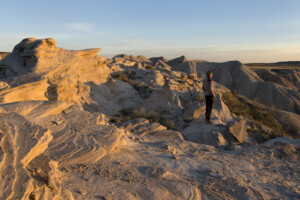
Known as the “Cornhusker State,” Nebraska is a land of open skies, tight-knit communities, and a deep appreciation for its agricultural roots. The state offers a sense of connection and camaraderie that’s hard to match. Life in Nebraska is also marked by affordable living, where you can find your slice of the American dream without breaking the bank. But is Nebraska a good place to live? Whether you’re touring apartments in Omaha or searching for homes in Lincoln, read on for the ten pros and cons of living in Nebraska.
Interested in moving to Nebraska? Check out:
Homes for sale in Nebraska | Apartments for rent in Nebraska | Houses for rent in Nebraska
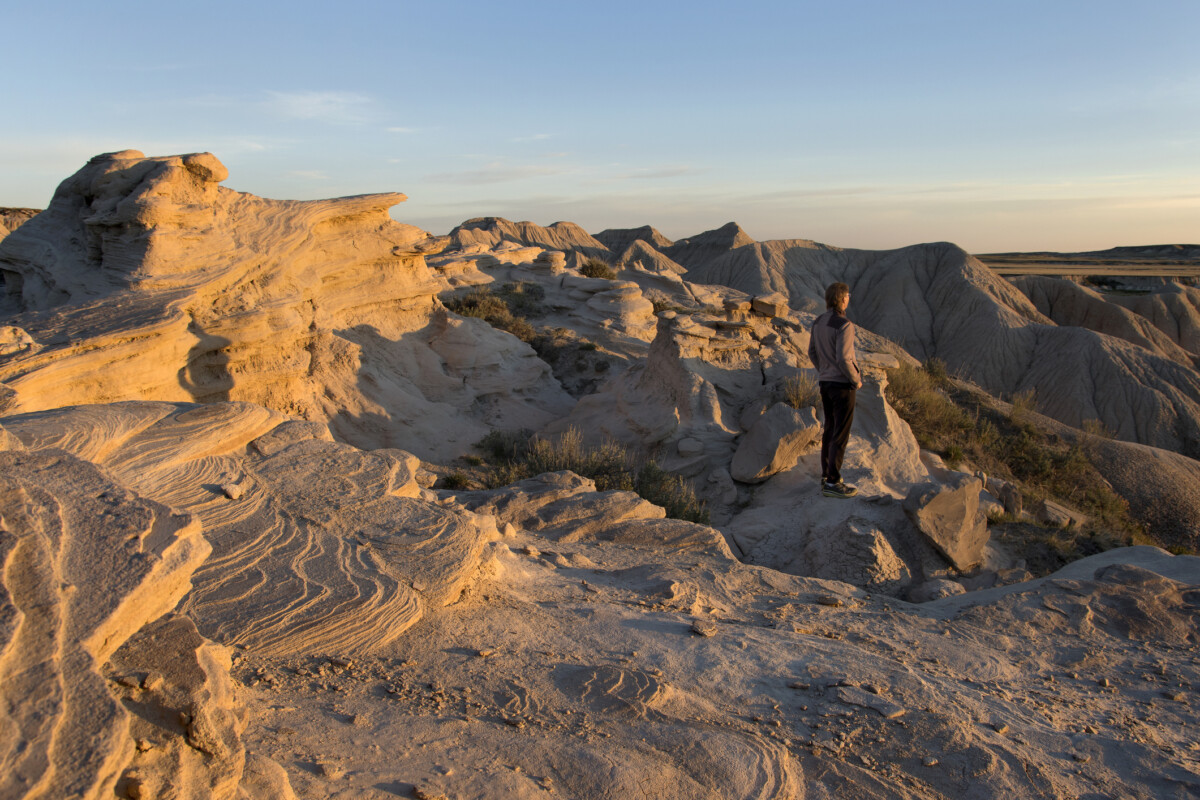
Quick Facts about Nebraska
| Population | 1,961,504 |
| Median home sale price | $295,700 |
| Average rent in Nebraska | $1,042 |
| Largest cities in Nebraska | Omaha, Lincoln, Bellevue |
1. Pro: Affordable cost of living
Nebraska’s affordable cost of living is a significant draw for residents, as the state consistently offers a more budget-friendly lifestyle than the national average. With a median sale price of $295,700, considerably lower than the national average of $439,716, Nebraska provides an accessible housing market. Additionally, cities like Omaha, one of the state’s largest urban centers, has a cost of living 7% lower than the national average. This financial advantage allows Nebraskans to enjoy a comfortable standard of living while still having the financial freedom to explore the many recreational and cultural opportunities the state offers.
2. Con: Limited job opportunities
One potential challenge in Nebraska is the limited job opportunities in specific fields and industries. While the state’s economy is strong, with a focus on agriculture and energy, not all professions may find the same breadth of opportunities as in more urban and diverse regions. Some specialized career paths and industries might have limited options, which can challenge professionals seeking specific roles.
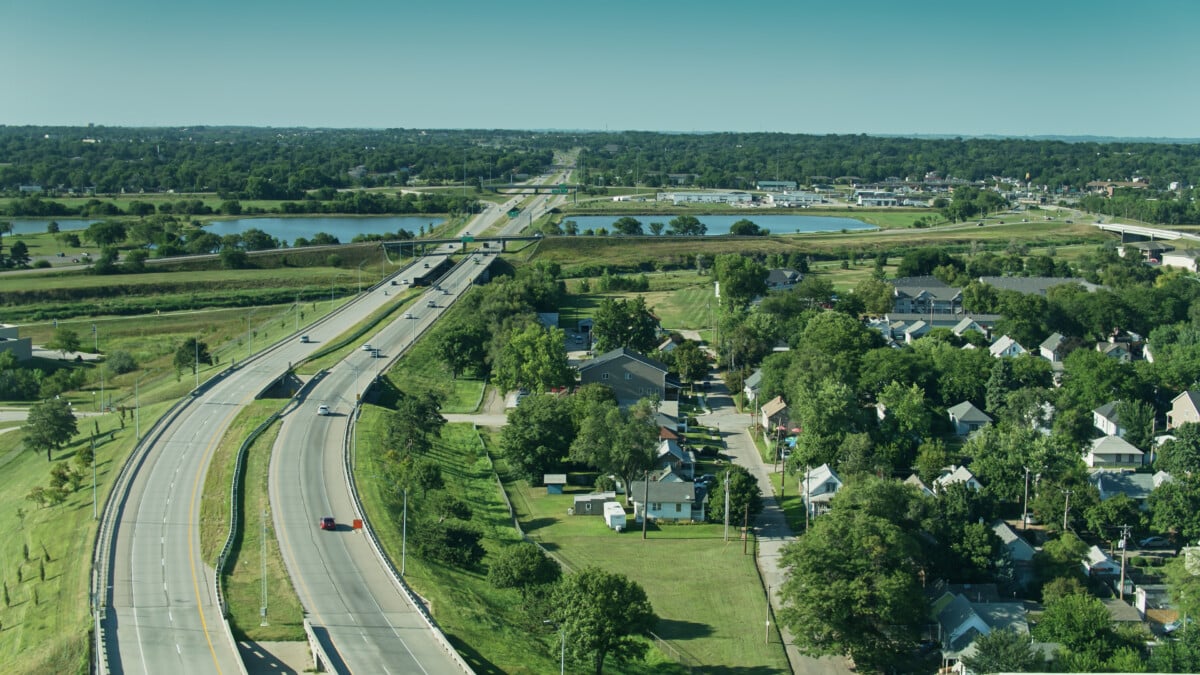
3. Pro: Beautiful natural landscapes
Nebraska’s natural beauty is a hidden treasure, offering diverse and stunning landscapes across the state. From the enchanting Pine Ridge region in the west with its lush forests and meandering rivers to the iconic Sandhills, the largest dune formation in the Western Hemisphere, Nebraska’s terrain provides a wide range of natural wonders. The eastern part of the state boasts tall grass prairies, including the Homestead National Monument, celebrating history and nature. However, the most spectacular sight is the annual Sandhill Crane migration along the Platte River, where hundreds of thousands of these graceful birds converge, creating a breathtaking avian spectacle.
4. Con: Harsh winters with cold temperatures
The state experiences cold and often unforgiving winters, with bone-chilling temperatures, heavy snowfall, and icy conditions that can be challenging to navigate. The bitter cold and the need to shovel snow, deal with snowy roads, and endure extended periods of frosty weather can be a significant inconvenience and discomfort. However, for those who embrace winter sports and activities, this season can be a time of adventure, with opportunities for skiing, snowmobiling, and ice fishing. If you’re new to the state, you’ll want to prepare your home for the winter.
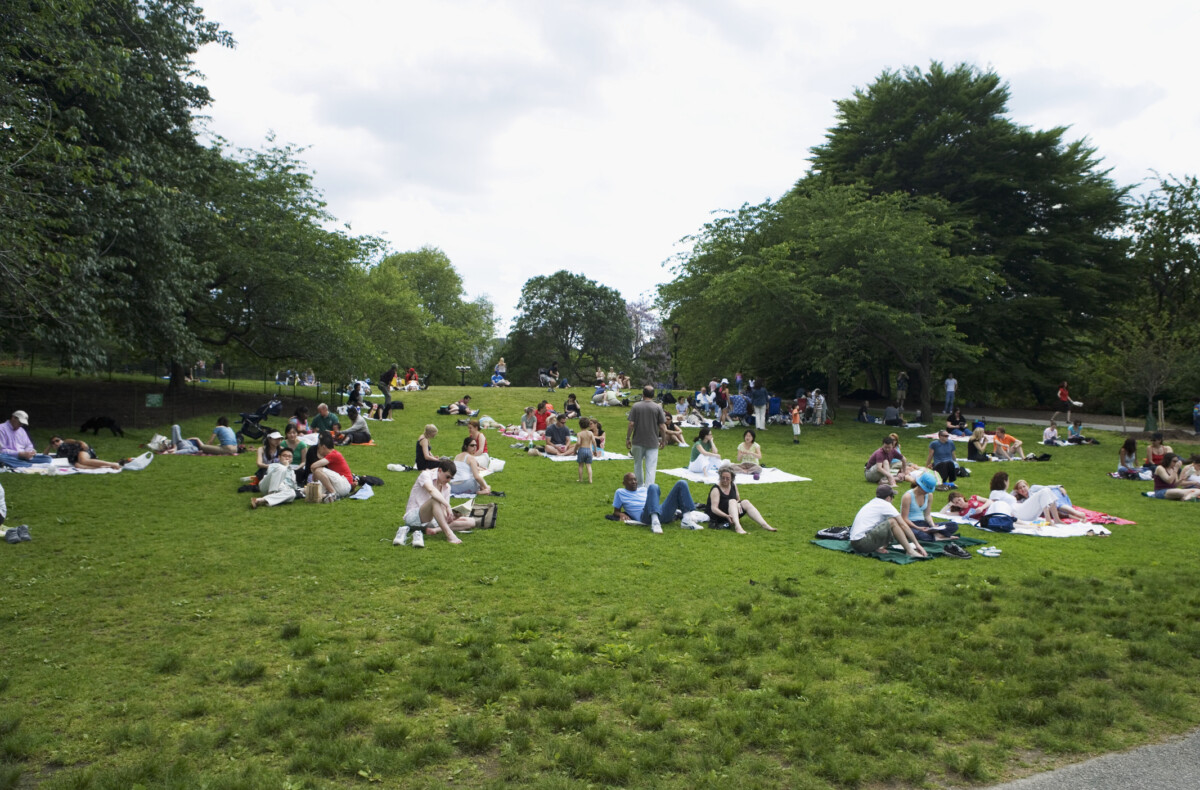
5. Pro: Lower population density
One of the appealing aspects of living in Nebraska is its lower population density, which can be viewed as a significant advantage. With wide-open spaces and a modest population relative to its vast land area, Nebraska offers a sense of peace and tranquility that can be hard to find in more densely populated regions. This lower population density means less congestion, shorter commutes, and a stronger connection to nature. Residents can enjoy the luxury of spacious backyards, quiet neighborhoods, and an overall more relaxed way of life.
6. Con: Tornadoes are severe weather risks
Nebraska’s susceptibility to natural disasters like tornadoes and severe weather risks is an essential consideration for prospective residents. The state is situated in an area known as “Tornado Alley,” which experiences a higher frequency of tornadoes and severe storms, particularly during the spring and summer. While advanced weather monitoring systems and effective warning mechanisms are in place to mitigate risks, the potential for destructive weather events, including hailstorms and high winds, is a concern.
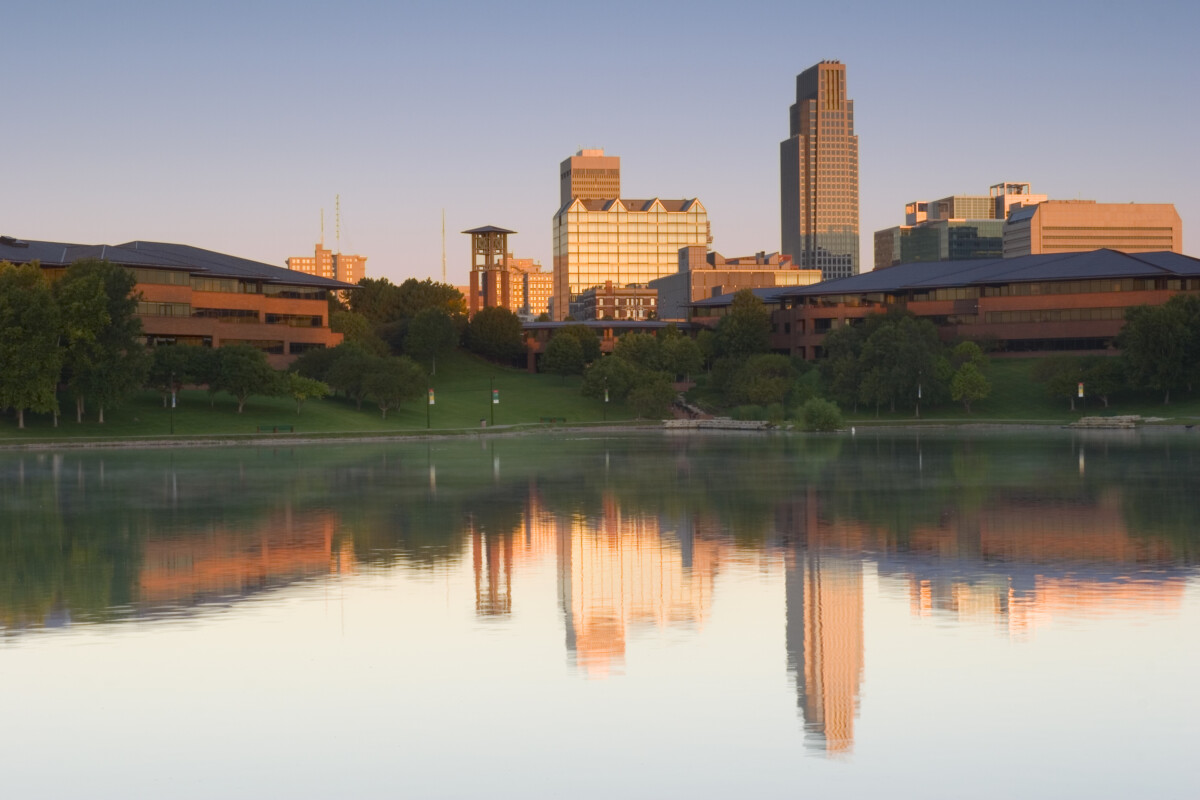
7. Pro: Diverse agriculture and food options
Nebraska’s agriculture is a tapestry of diversity, making it a food enthusiast’s paradise. The state’s fertile lands yield abundant crops, from fields of golden corn and waving wheat to sprawling soybean fields. This agricultural diversity translates into a rich and varied food scene, with farm-to-table dining experiences that showcase locally grown produce. Nebraska’s role as a major beef producer means you can savor some of the best cuts of meat in the country.
8. Con: Potential for agricultural-related odors
The state’s strong agricultural heritage and vast farmlands can occasionally lead to agricultural-related odors in some areas, particularly during planting and harvesting seasons. Livestock operations, grain storage facilities, and the cultivation of crops like corn and soybeans can contribute to various agricultural smells, which may be noticeable in specific regions.
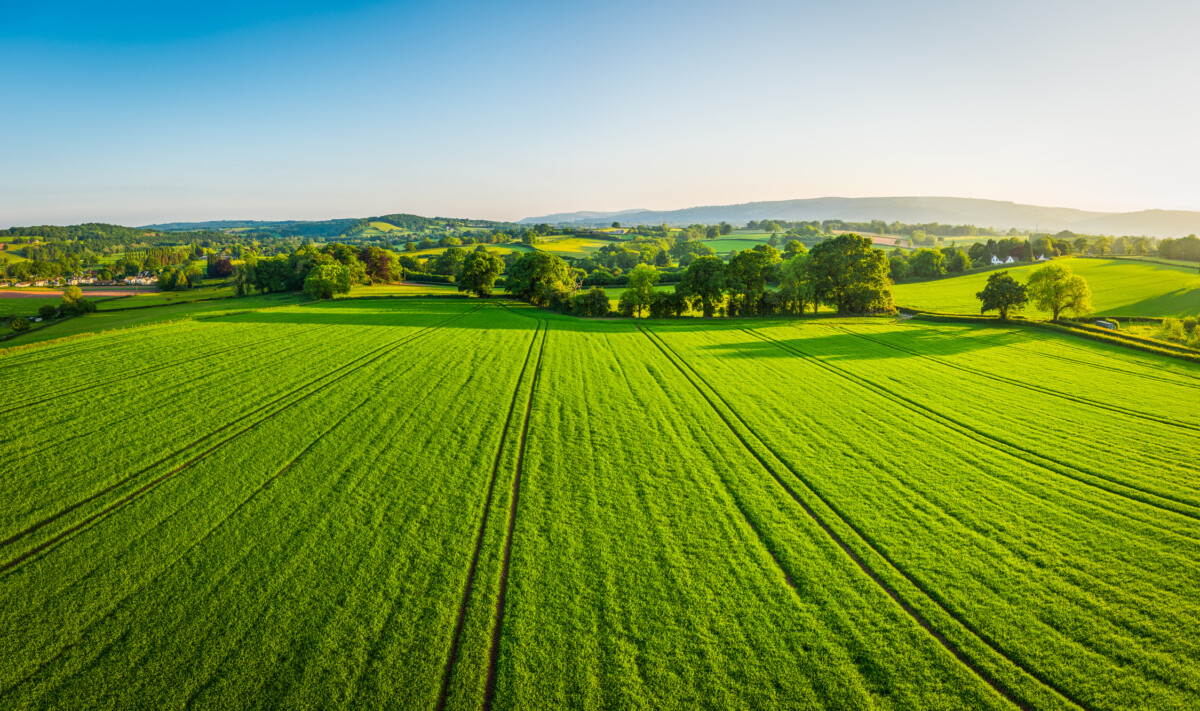
9. Pro: Friendly and welcoming residents
Nebraska’s greatest asset is undoubtedly its warm and welcoming residents. The state’s people are known for their genuine hospitality and friendly demeanor, making it an inviting place to call home. Nebraskans take pride in their strong sense of community, where neighbors often become like family, and newcomers are greeted with open arms. This Midwestern charm is evident in the way people readily strike up conversations with strangers, offer a helping hand, and celebrate local traditions together.
10. Con: Few major metropolitan areas
The limited number of major cities in Nebraska can be both an advantage and a drawback, depending on one’s preferences and career goals. While the state boasts vibrant urban centers like Omaha and Lincoln, it has fewer major cities than more densely populated states. This limited urban landscape can present challenges for individuals seeking various entertainment options, diverse dining experiences, or specific job opportunities that might be more readily available in larger cities.
The post 10 Pros and Cons of Living in Nebraska appeared first on Redfin | Real Estate Tips for Home Buying, Selling & More.
from Redfin | Real Estate Tips for Home Buying, Selling & More https://www.redfin.com/blog/pros-and-cons-of-living-in-nebraska/
Nhận xét
Đăng nhận xét